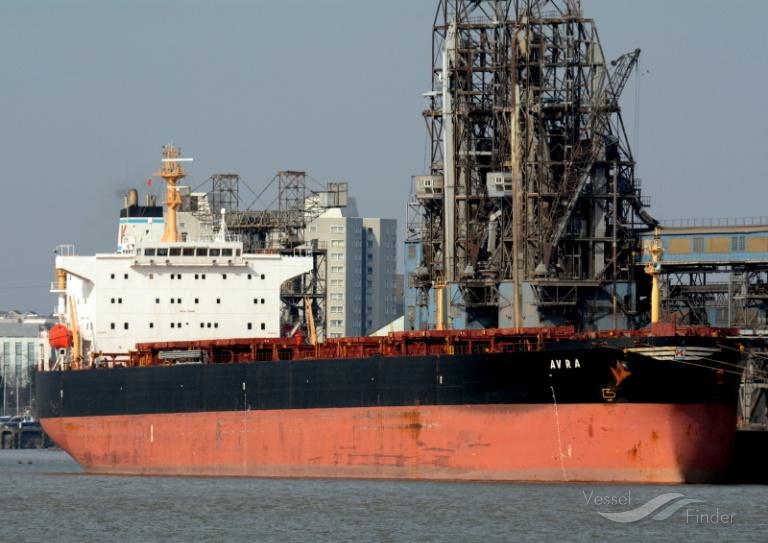No proof of sabotage by Chinese crew in Baltic Sea cable incident, says Sweden - but questions remain
Swedish investigators say they have found no concrete evidence that the Chinese cargo ship Yi Peng 3 deliberately damaged undersea telecom cables in the Baltic Sea late last year – but have warned that a lack of access to key information leaves room for doubt.
security worldwide equipment and technology news15 april 2025 | 16:40 | Source: PAP / Gazeta Morska | Prepared by: Daniel Zyśk | Print

fot. John White / VesselFinder
The official report, released Tuesday by the Swedish Accident Investigation Authority (SHK), states that while a serious incident occurred, the evidence currently points more towards a mishap than a malicious act. Still, investigators admit they were kept largely in the dark during their probe.
In a December inspection of the vessel, which took place with Chinese officials on board, Swedish representatives were barred from examining crucial electronic data, including the ship’s navigational logs and so-called "black box".
One key detail did emerge: the ship’s port anchor had reportedly been dragged along the seabed for a staggering 180 nautical miles (over 330km) over the course of a day and a half. This could have easily caused significant undersea damage.
Jonas Baeckstrand of the SHK, who has been involved in the investigation, remarked: “Many signs point to an accident, but if it was intentional, it was done in a way designed to avoid detection.”
The findings could influence an ongoing criminal investigation by prosecutors in Stockholm into whether the November 2024 incident constituted an act of sabotage. However, the SHK stressed that their conclusions do not rule out foul play entirely.
Two major fibre-optic cables – one linking Sweden with Lithuania, and another connecting Finland with Germany – were severed in mid-November, disrupting communications across the region. Similar probes have been launched by Germany, Finland, and Lithuania.
The Yi Peng 3 was intercepted days later by the Danish navy in the Kattegat Strait as it attempted to exit the Baltic Sea.
While Beijing has denied any wrongdoing, the case has stirred tensions in Northern Europe and renewed calls for greater maritime security in the face of potential hybrid threats.
Buy us a coffee, and we’ll invest in great maritime journalism! Support Gazeta Morska and help us sail forward – click here!
Redakcja Gazeta Morska
użytkownik
comments
Add the first comment
see also
Poland’s security in focus. President meets with ministers and heads of special services
NATO’s persistent naval presence in the Arctic and the northern Atlantic strengthens sea lane security
Poland launches second DELFIN SIGINT ship ORP Henryk Zygalski in Gdańsk
The Jan Heweliusz ferry disaster. 33 years after one of Poland’s worst maritime tragedies
Polish icebreakers in action on the Odra and Vistula rivers
Man rescued from ice 500 metres offshore in Puck Bay
Ustka a NATO opportunity? What a port on the border of two regions could change
Polish Naval Academy students advance unmanned maritime systems
Winter on Puck Bay: ice conditions, natural values, and responsible use
Accident at offshore service base construction in Ustka highlights gaps in emergency medical response
ADVERTISEMENT
ADVERTISEMENT